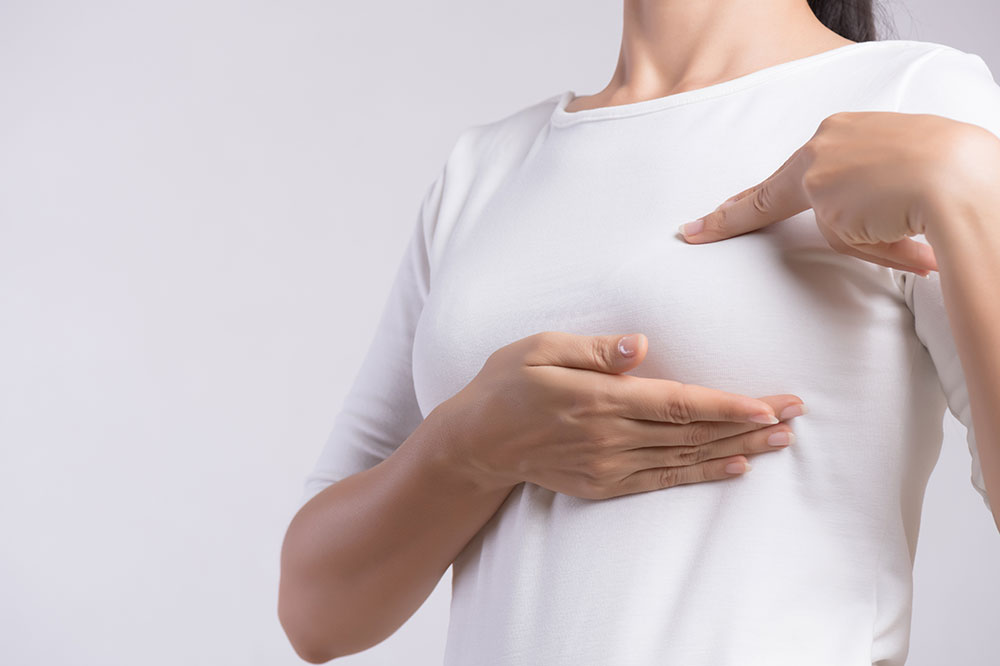
The Relationship Between Breast Cancer and Genetics
Breast cancer is one of the most prevalent cancers among women. It is a disease in which specific cells of the breast behave abnormally and divide uncontrollably, resulting in the formation of a tumor. Even though it is more common amongst women, some men may get it, too. In both cases, cancer develops in the cells, and in women in the glands that produce milk. This cancer is sporadic in men.
1. How genes function
A few risk factors of breast cancer cannot be avoided no matter how much one tries. One such risk factor for breast cancer is genes. On average, 5-10 percent of all cases of breast cancer are hereditary. When the cancer is genetic, it runs in the family. Hence, it is caused by a certain mutation in the gene acquired at birth from either of your parents.
Genes work as instructors, and they have information in them. Hence, they instruct the body cells and determine their building and maintenance. All humans acquire one set of each gene from their father and the other from their mother. The gene or DNA information will dictate the traits that will go from the parent to the child, such as eye color, hair color, blood type, and the susceptibility of developing a disease, such as breast cancer.
2. Genes responsible for breast cancer
Typically, in most inherited breast cancer cases, there are two genes responsible: BRCA1 and BRCA2. All of us have these two genes, and they work to ensure that the ovarian and breast cells grow normally. However, if they contain mutations, they are inherited from one generation to another. Consequently, the genes fail to function normally. This aggravates the risk of cancer. But, merely having the gene mutation does not mean you will have breast cancer. Studies suggest that other chromosome mutations called single nucleotide polymorphisms also aggravate the susceptibility of developing breast cancer in women with the BRCA1 mutation and those who did not inherit the gene.
3. Heightened probability of gene mutation associated with breast cancer
The susceptibility to developing breast cancer as an outcome of gene mutation aggravates if:
- A blood relative was diagnosed with breast cancer before they turned 50
- There are cases of ovarian and breast cancer on the same side of the family or any individual
- One or more relatives have triple-negative breast cancer.
- Other cancers (in addition to breast cancer) run in the family, such as sarcoma, prostate, pancreatic, stomach, melanoma, colon, thyroid, or/and uterine
- Women in the family had cancer in both breasts
- There is an abnormal breast cancer gene running in the family
- A male family member has had breast cancer
- One was diagnosed with breast cancer before they turned 35
However, merely because one family member developed breast cancer due to gene mutation does not mean all of them will have it.


